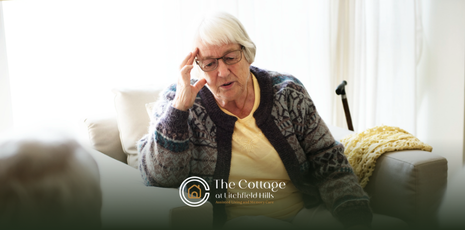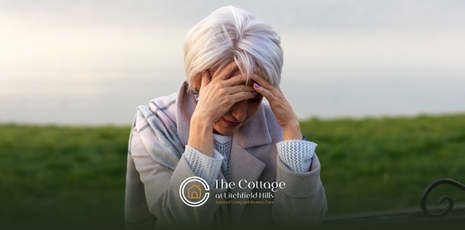How Can Respite Care Help with Post-Hospital Recovery?

After a hospital stay, seniors often need extra support to recover safely and regain independence. Respite care provides temporary, professional assistance that eases this transition.
Here’s how respite care supports post-hospital recovery:
- Medical supervision: Trained staff monitor medications, vitals, and symptoms to prevent complications.
- Personal care assistance: Help with bathing, dressing, and mobility ensures seniors stay comfortable and safe.
- Rehabilitation support: Guidance with physical therapy, exercises, and daily routines promotes faster recovery.
- Emotional support: Companionship reduces stress, anxiety, and feelings of isolation during recovery.
- Family relief: Loved ones can rest knowing their senior receives professional care during a critical period.
Respite care bridges the gap between hospital discharge and independent living, helping seniors regain confidence and stability in a safe environment.
At The Cottage at Litchfield Hills, our respite care services provide personalized support for seniors recovering from hospital stays, ensuring comfort, safety, and peace of mind.
Frequently Asked Questions
How long can respite care last after a hospital stay?
It can range from a few days to several weeks, depending on recovery needs.
Is respite care covered by insurance?
Some insurance plans and Medicare may cover certain respite services—check your plan details.
Can seniors receive physical therapy through respite care?
Yes, respite programs often include rehabilitation support as part of recovery.
Sources:
- https://www.ncsl.org/health/healing-after-the-hospital-medical-respite-care
- https://pmc.ncbi.nlm.nih.gov/articles/PMC2702998/






